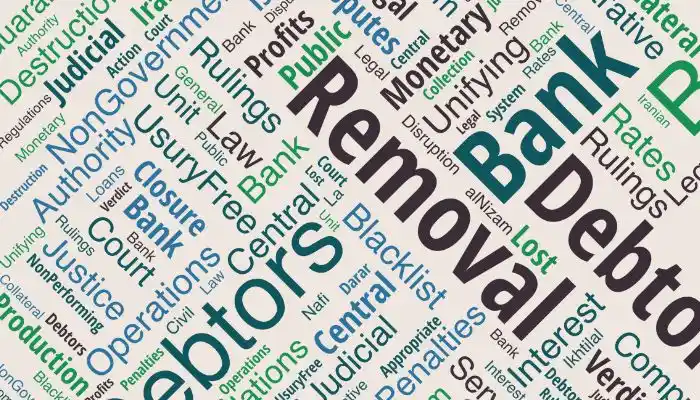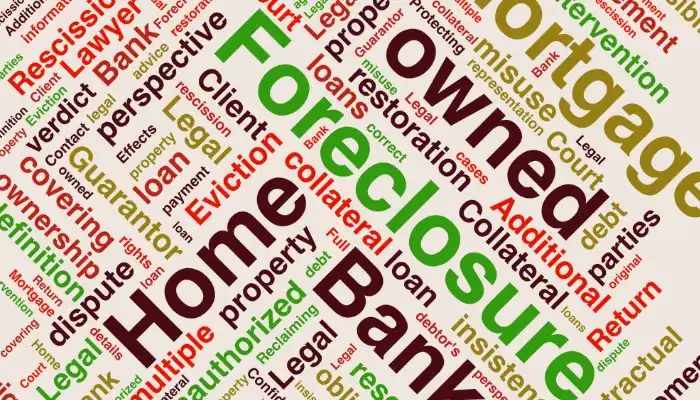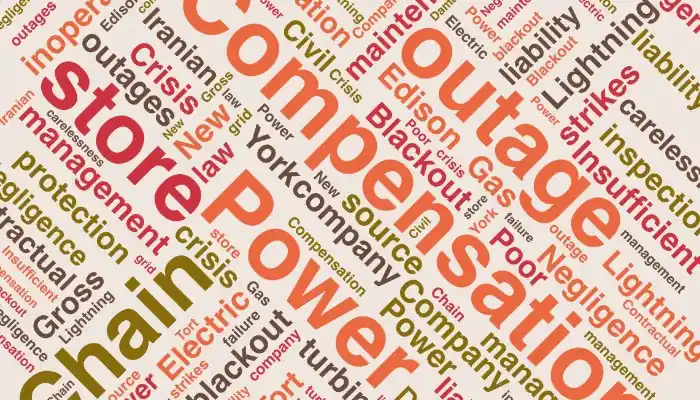In accordance with Articles 10, 11, 14, and 37 of the Monetary and Banking Law of the country with subsequent amendments and additions, Article 20 of the Law on Usury-Free Banking Operations with subsequent amendments, and the single article of the Law on the Establishment of Non-Governmental Banks, as well as the unifying rulings Nos. 794 and 805 of the General Board of the Supreme Court, the Central Bank of the Islamic Republic of Iran is the regulator of the country’s monetary and credit system and oversees its proper implementation. Furthermore, the monetary and banking policies and resolutions of the Central Bank are mandatory rules related to public order, and any interest rates and penalties for delayed debt repayment exceeding the mentioned resolutions are null and void.
Judicial rulings and decisions of the Administrative Justice Court indicate that some banks, both state-owned and on-governmental, do not adhere to monetary and banking regulations in their calculations of interest and penalties for delayed debt repayment. Therefore, this discrepancy leads to computational disputes between banks and producers. Considering the prevailing laws, the only way to resolve these disputes and ensure justice is to refer the matter to the judicial authority. However, the issue arises when, as soon as the producer approaches the judiciary, the bank, despite having sufficient collateral, registers the name of the producer and their guarantors in the list of bank debtors until the judicial authority issues a verdict and it becomes final (which takes an average of one year). This action alone results in the indebted production unit and its guarantors being deprived of all banking services, an act that independently leads to the closure and destruction of the indebted production unit.
Some view the bank’s action as compliant with regulations, arguing that if the court rules against the bank, the aggrieved production unit can reapply to the court and request compensation for the deprivation of banking services. However, the next problem is that the damages resulting from the borrower’s deprivation of banking services, such as the inability to obtain new loans, open letters of credit, or possess checkbooks, fall under the category of lost profits, which are not compensable under the Iranian legal system.
In the present case, the bank’s action towards the client, involving the inclusion of their name and their guarantors in the list of bank debtors (the Central Bank’s blacklist), contradicted monetary regulations, policies related to production and removing production obstacles, as well as Article 40 of the Constitution which states: “No one is entitled to exercise their rights in a manner injurious to others or detrimental to public interests.” Additionally, this action conflicted with the Islamic legal principles of “No harm” (La Darar) and “No disruption to the system” (Nafi Ikhtilal al-Nizam). Therefore, in order to support production and prevent the bank from abusing its rights in debt collection and its negative consequences, it was necessary to take appropriate legal action.
Summary of Issues and Problems Related to the Client and the Bank
The bank’s failure to comply with monetary and banking regulations in the calculations related to interest and penalty fees for delayed debt repayment has led to discrepancies between the bank and the client, who is a producer. This discrepancy resulted in the inclusion of the client’s name and their guarantors in the list of bank debtors (the Central Bank’s blacklist), leading to their deprivation of banking services.
Given the Iranian legal system, even if the client’s right is proven in judicial bodies, it is not possible to claim damages for lost profits. Therefore, it was necessary to remove the imposed deprivations.
Solution and Outcome of Actions
In case number 140068920006784645, filed in one of the branches of the General Civil Court of the Shahid Beheshti Judicial Complex in Tehran, to prevent irreparable banking damages to the client, a temporary order was requested from the respected court. This order sought to prohibit the imposition of the deprivations mentioned in clauses 2, 3, and 4 of Article 11 of the Executive Regulations on the Collection of Non-Performing Loans of Credit Institutions (in Rial and foreign currency), approved on 2015/08/01 by the Money and Credit Council. This request was based on the Islamic legal principles of “No harm” (La Darar) and “No disruption to the system” (Nafi Ikhtilal al-Nizam), as well as Article 40 of the Constitution. Fortunately, this led to the issuance of judgment number 140168390001683718.




